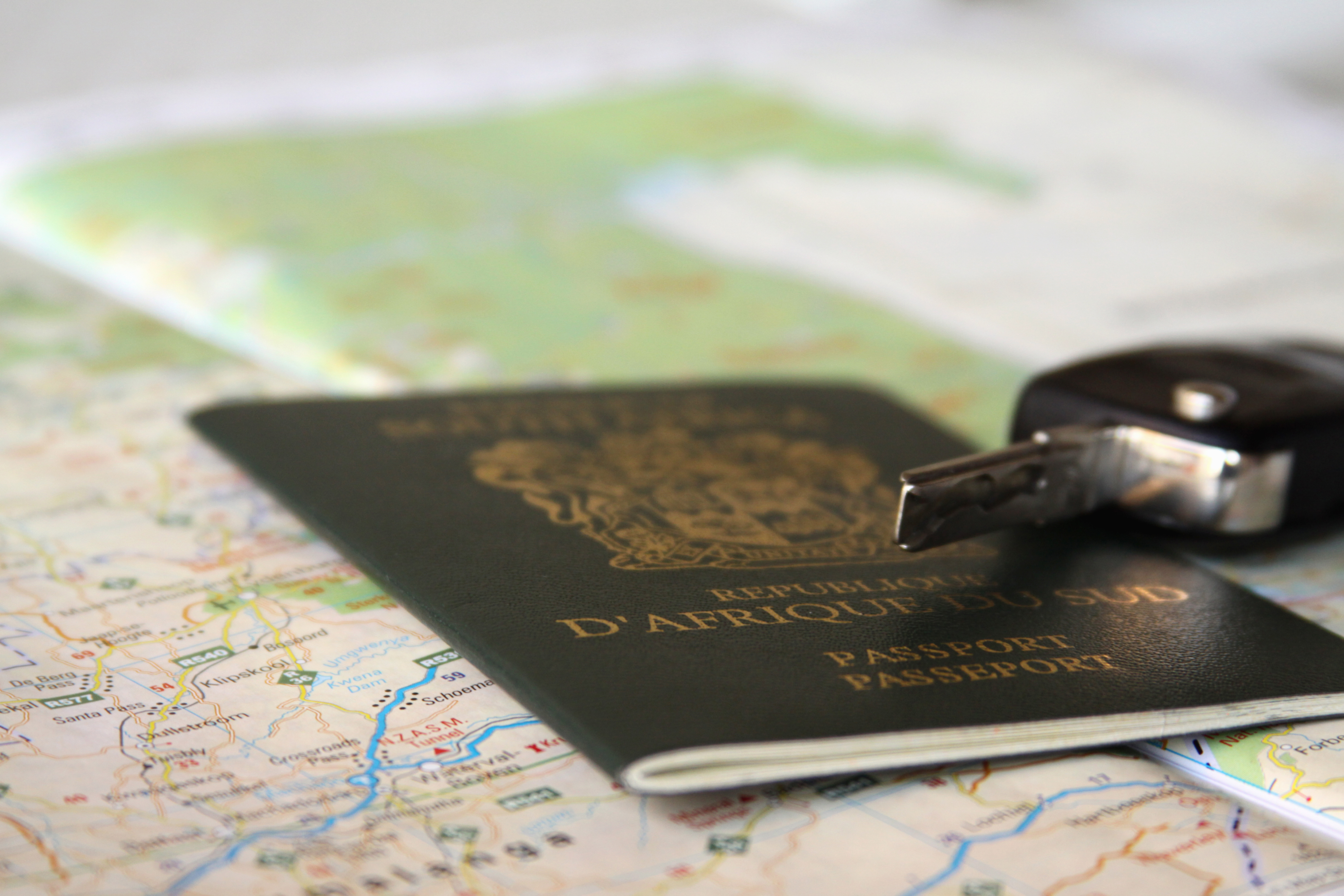Africans face a high rejection rate for visas to enter the Schengen group of countries. The group is made up of 29 European countries that have officially abolished border controls at their mutual borders. A Schengen visa is an entry permit for non-EU nationals which would allow them to make a short, temporary visit of up to 90 days in the Schengen area.
In 2023, the Schengen states generated US$906 million from visa applications, of which US$145 million came from rejected visa applications. These refusals in 2023 cost African nationals US$61 million in application fees.
A recent report by the British migration consultancy Henley & Partners shows that African countries accounted for seven of the top ten countries with the highest Schengen visa rejection rates in 2022. The Conversation Africa’s Godfred Akoto Boafo asks migration scholar Mehari Taddele Maru, who contributed to the report, why rejection rates for Africans are so high.
Whose visa applications are rejected?
I analysed the EU’s data on visa applications between 2009 and 2023 and found a dramatic increase in the rate of rejection for Schengen visa applicants. In 2014, 18% of African visa applications were rejected, while the global rejection rate was 5%. By 2022, the rejection rate for African applicants had risen to 30%, and the global rate increased to 17.5%.
Of the top 10 countries with high Schengen visa rejection rates in 2022, seven were from Africa. Among these were Algeria, Guinea-Bissau, Nigeria and Ghana.
The increase in visa rejection rates is associated with the EU’s visa policy.
We also identified two key factors – income and passport power – that may explain why African applicants face higher Schengen visa rejection rates.
Rich countries with high income levels (measured by GDP and GNI) usually have stronger passports (as measured by Henley Passport Power, an index based on International Air Transport Authority data). This means their citizens can visit several countries without visas. A strong passport gives people mobility in search of economic opportunities.
In contrast, people from poorer countries (including most African nations) have weaker passports. This means their travel options are significantly reduced without visas.
We also uncovered a link between African countries’ low rankings in national income and passport power indices and higher rates of visa rejection.
Consequently, it is harder for Africans to travel as their visa applications are more likely to be rejected.
/file/dailymaverick/wp-content/uploads/2024/09/12131012.jpg)
Why are visa applications rejected?
Officially, visa rejections are often attributed to doubts about an applicant’s intention to leave the destination country before the visa expires. According to European states, most rejections are based on reasonable doubts about the visa applicant’s intention to return home.
As provided under the EU Visa Code Handbook, the assessment of a visa applicant’s intention to return home is based on circumstantial evidence. Consular officers have broad powers of discretion to decide this. They consider three key factors through documentation:
- the stability of the applicant’s socio-economic situation in their country of residence
- proof of employment or business activities
- family and community ties.
Supporting documents may include proof of financial means, property ownership, employment contracts, business records and travel arrangements. The most favourable visa candidates often demonstrate strong ties to their home country. This includes dependent family members staying behind or property ownership.
In my view, this potentially allows discrimination based on nationality and geographical factors. In the Schengen visa regime, proof of intention to return home is often linked to the economic status of applicants and their nationality. With an elastic concept such as this, the Schengen visa regime allows immigration officials in the global south to filter visa applicants based on their economic conditions and country of origin.
In my research, there is no evidence to suggest that a higher rejection rate leads to a decrease in irregular migration or visa overstays.
The findings highlight visa policies that disproportionately affect Africans seeking to visit Europe. They undermine the European Union’s stated commitment to strengthening partnerships with Africa.
What needs to change?
Europe’s poor efforts in improving legal mobility pathways for Africans have left many, including governments, disillusioned about migration cooperation between Africa and Europe. Despite promises of visa facilitation, family reunification and labour migration, progress remains elusive. The few legal avenues available mostly benefit skilled workers from within the European Union.
The European Union must reform its visa regime and expand legal migration pathways. But ultimately, the primary responsibility lies with African states. They must create an environment in which their citizens can thrive and prosper within the continent. This includes investing in economic development, job creation, education, healthcare and infrastructure.
African governments should ratify the 2018 African Union protocol on free movement of Africans within their continent. Six years after its adoption, only four countries have ratified the protocol: Mali, Niger, Rwanda, and São Tomé & Principe.
In contrast, the agreement establishing the African Continental Free Trade Area, which focuses on the movement of goods, services, and capital, has been in force since 2019, just a year after its adoption.
Reforming the Schengen group’s visa policies towards Africa goes beyond just migration management. It is about getting politics right in Europe. If Europe is serious about partnering with Africa and addressing its demand for labour, the benefits of expanding legal pathways for Africans far outweigh the costs.![]() DM
DM
This story was first published in The Conversation.
Mehari Taddele Maru is a Professor at the European University Institute and Johns Hopkins University.




 Schengen countries are a popular destination for African travellers. Photo:
Schengen countries are a popular destination for African travellers. Photo: